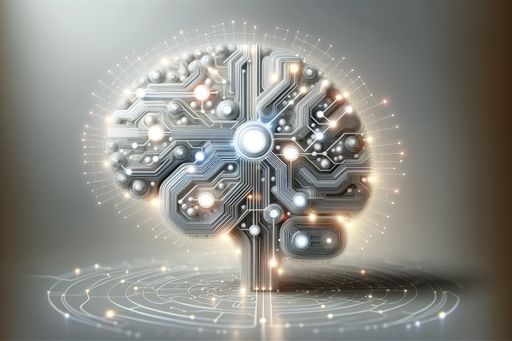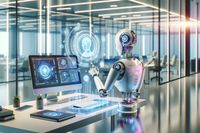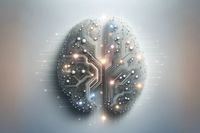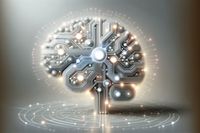Recent Data Highlights Rising AI Job Losses
A recent report shows that AI is replacing workers at an increasing rate, but experts suggest that the full story is more complex than the headline numbers indicate.

Are AI Job Losses on the Rise?
According to a report from ResumeBuilder, 37% of business leaders claim that AI replaced workers in 2023, while Asana's survey found that employees believe 29% of their work tasks can be replaced by AI. These numbers may seem alarming, but they do not reflect the entire business landscape.
Julia Toothacre, a resume and career strategist at ResumeBuilder, notes that many traditional organizations and small businesses have been slow to embrace technology, which may skew the data. While layoffs are a reality, AI technology also allows business leaders to restructure and redefine job roles.
Alex Hood, the chief product officer at Asana, suggests that AI can reduce the time spent on administrative tasks, allowing workers to focus on higher-level work. Marc Cenedella, the founder of Leet Resumes and Ladders, compares this shift to the elimination of typists when word processors were introduced. While job losses may occur, technological advancements have historically resulted in the creation of new, higher-value work.
The Role of 'Human-Centered' AI
Asana promotes the concept of 'human-centered AI,' which aims to enhance human abilities and collaboration rather than replacing people. Their report reveals that employees feel 29% of their work tasks could be automated, but when AI is applied in a way that supports human workers, it has a positive impact.
White-collar and clerical workers represent a significant portion of the workforce worldwide. While AI and automation can change how these roles are performed, it is crucial to consider the impact on workers who may not have access to technology or the internet.
Ultimately, technological developments should be seen as part of an ongoing process of change and adaptation in the workplace. The responsibility lies with both individuals and business leaders to continuously develop skills and support employees in navigating the evolving work environment.
Personal Responsibility and AI Adaptation
To thrive in an AI-driven work environment, professionals need to take personal responsibility for skill development. Staying up-to-date with new software and understanding how AI may impact specific industries is crucial.
While certain tasks may be automated, there will always be a need for human intervention to interpret results, prompt AI systems, and take appropriate actions. Companies that invest in their employees' development will be better prepared for the changing landscape.
Both employees and employers can benefit from experimenting with AI technologies. By exploring the possibilities of AI through individual experimentation, employees can better understand its capabilities and how it can enhance their work. This process of adaptation and learning is essential to navigate the future of work.



